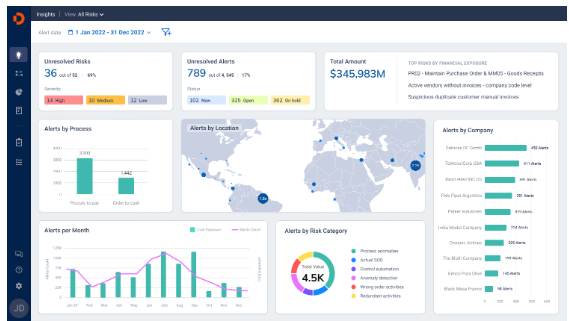Xaba, a Toronto-based startup, focuses on developing a "synthetic brain" for industrial robots, enabling intelligent automation through a no-code approach. The company recently announced securing $6 million in seed funding, led by Hitachi Ventures. This investment will accelerate the deployment of AI-powered robots and cognitive industrial control systems.

Image Source: AI-generated image, licensed through Midjourney
Xaba aims to apply industrial AI to manufacturing processes. Its flagship product, xCognition, provides AI-driven cognitive and perceptual capabilities to industrial robots and cobots (collaborative robots), enabling them to autonomously generate programs and perform complex tasks such as welding, drilling, assembly, and additive manufacturing. By integrating real-time intelligence into automation, Xaba's solutions significantly reduce deployment costs and improve the quality, consistency, and flexibility of manufacturing operations.
According to Xaba's CEO, Massimiliano Moruzzi, industrial automation remains inefficient, relying on outdated controllers, rigid programming, and extensive manual intervention. Programming and deploying industrial robots alone costs the industry $7 billion annually, with 80% of automation costs stemming from manually developing industrial controller logic. He stated that Xaba's vision is to disrupt industry giants by creating a system that allows automation goals to be described using "human-readable text," enabling robots and production lines to operate independently without human intervention.
Xaba's technology has already played a significant role in aerospace, automotive, and high-precision manufacturing, helping manufacturers improve production efficiency by eliminating costly rework and manual adjustments. The company employs 24 people, including AI scientists, mathematicians, and mechatronics experts, and operates an AI-applied automation laboratory.
Xaba's AI system will also be applied to large-scale robotic drilling, welding, and 3D printing, significantly reducing production time and costs through real-time optimization and autonomous programming. Moruzzi believes that the current low number of industrial robots compared to humans is primarily due to their insufficiently intelligent "brains." Therefore, Xaba is dedicated to developing robots with cognitive abilities for better interaction with the physical world.
Key Highlights:
🚀 Xaba secures $6 million in funding to develop AI "synthetic brains" for industrial robots.
🤖 The company's xCognition product enables robots to autonomously perform complex tasks, reducing deployment costs.
🏭 Xaba's technology is already being used in various manufacturing sectors, significantly improving production efficiency and flexibility.







